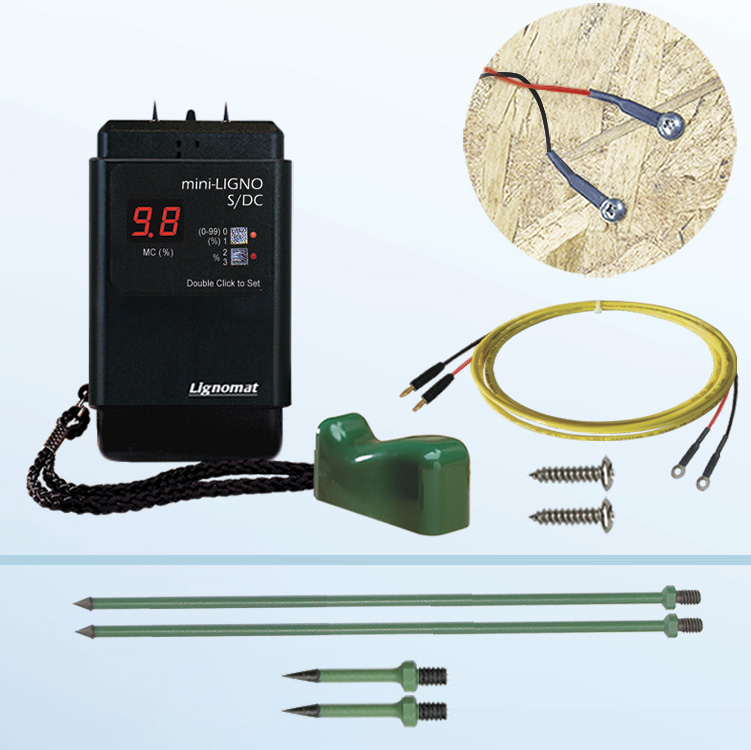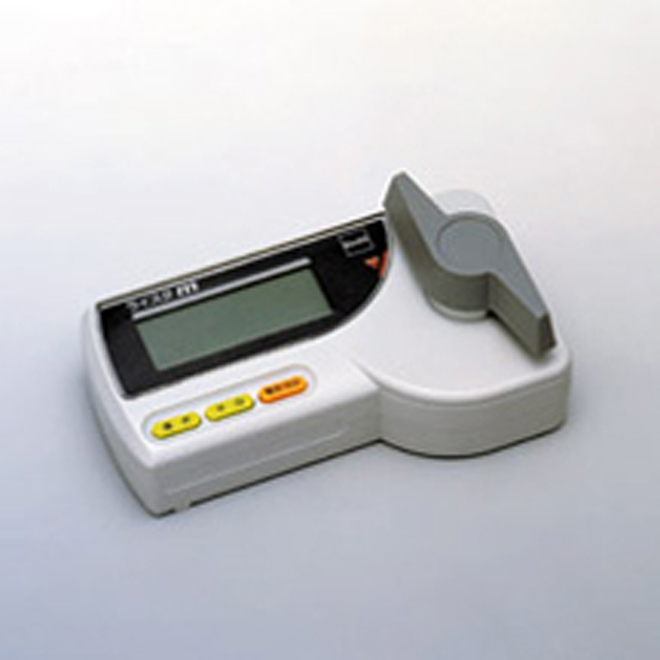The Ultimate Guide to Choosing the Right Moisture Meter for Your Needs
The Ultimate Guide to Choosing the Right Moisture Meter for Your Needs
Blog Article
The Ultimate Guide to Wetness Meters: A Comprehensive Introduction and How They Can Save You Cash
In the world of building upkeep, building, and different industries, the relevance of properly determining moisture levels can not be overstated. Wetness meters work as crucial tools in identifying and monitoring moisture web content in materials, assisting in protecting against expensive damages and ensuring the top quality of products. Understanding the subtleties of various kinds of moisture meters, their applications, and the prospective cost-saving benefits they use can be a game-changer for professionals and services alike. Discovering just how these devices can not just streamline procedures but additionally add to monetary cost savings is a trip worth getting started on.
Kinds Of Moisture Meters
Various kinds of dampness meters are readily available for different applications in numerous industries. One common type is the pin-type wetness meter, which gauges the electrical resistance between two pins placed right into a product. This type is suitable for timber, drywall, and various other structure products. Pinless moisture meters, on the other hand, use electromagnetic sensor plates to check a bigger location without creating damages to the product's surface area. Moisture Meter. These meters are optimal for promptly evaluating moisture degrees in huge areas such as floors and wall surfaces.

Furthermore, there are also specialized wetness meters developed for particular materials like hay, dirt, or grain. These meters offer precise wetness readings customized to the distinct buildings of the product being tested. Infrared wetness meters measure the thermal residential or commercial properties of a product to identify its wetness content non-invasively, making them helpful for applications where pin or pinless meters may not appropriate. Recognizing the different sorts of dampness meters readily available can assist industries pick the most ideal tool for their specific dampness measurement demands.

Benefits of Utilizing Moisture Meters
Wetness meters supply indispensable advantages in precisely assessing and keeping an eye on dampness degrees in diverse products and settings (Moisture Meter). One of the main advantages of utilizing moisture meters is the avoidance of potential damages brought on by excess wetness. By discovering and dealing with high dampness degrees at an early stage, wetness meters aid to avoid mold and mildew growth, rot, and architectural damages in buildings, saving both time and money on repair services. In addition, dampness meters help in guaranteeing the high quality of products throughout building or production procedures. By accurately determining dampness web content, these devices aid keep the honesty of timber, drywall, concrete, and other products, reducing the risk of problems or failings.
In addition, using dampness meters can lead to enhanced energy efficiency. In farming settings, wetness meters play an essential duty in optimizing crop returns by enabling farmers to keep an eye on soil wetness degrees and make informed watering decisions.
Just How to Choose the Right Wetness Meter
When choosing a moisture meter, it's important to guarantee that the meter is suitable for the specific product you will certainly be screening. Different materials have differing electric properties that can influence wetness readings, so choosing a meter developed for this your material is crucial for exact results. By thoroughly evaluating these variables, you can select a dampness meter that satisfies your needs and gives precise moisture dimensions for your tasks.
Appropriate Techniques for Dampness Meter Usage

Cost Savings Through Wetness Meter Applications
Exactly how can the calculated use of wetness meters lead to considerable expense savings across various sectors? Dampness meters play an essential duty in price financial savings by stopping prospective damage and ensuring quality control in various sectors. In the agriculture sector, wetness meters aid in determining the optimum time for collecting crops, avoiding over-drying or excess moisture that can influence the last product's quality. This specific tracking helps farmers stay clear of unneeded losses and maximize their return.
In a similar way, in building, dampness meters assist prevent expensive damages by identifying wetness degrees in building materials, such as timber or concrete, which can bring about structural concerns if not attended to promptly. By determining trouble areas early on, service providers can take restorative actions to Source avoid substantial repairs or replacements, eventually conserving money and time.
In addition, in the food processing market, dampness meters are important for keeping an eye on item quality and guaranteeing conformity with safety and security guidelines. By properly gauging moisture material in foodstuff, suppliers can prevent putridity, keep freshness, and decrease waste, leading to considerable cost financial savings. On the whole, the calculated application of wetness meters is a useful investment that can bring about significant cost reductions and improved effectiveness across different markets.
Final Thought
In conclusion, dampness meters are useful tools for detecting and gauging moisture degrees in various products. By utilizing the appropriate wetness meter and following correct strategies, individuals can successfully avoid pricey damages created by excess moisture.
Dampness meters serve as crucial tools in spotting and monitoring moisture material in products, aiding in protecting against costly problems and ensuring the top quality of products. Infrared wetness meters gauge the thermal buildings of a material to establish its moisture material non-invasively, making them valuable for applications where pin or pinless meters may not be ideal.Moisture meters provide invaluable advantages in precisely analyzing and keeping track of wetness degrees in varied materials and atmospheres. In farming setups, dampness meters play a critical role in maximizing crop yields by allowing farmers to check dirt dampness levels and make informed irrigation decisions.In verdict, dampness meters are valuable tools click here for info for discovering and determining dampness degrees in different materials.
Report this page